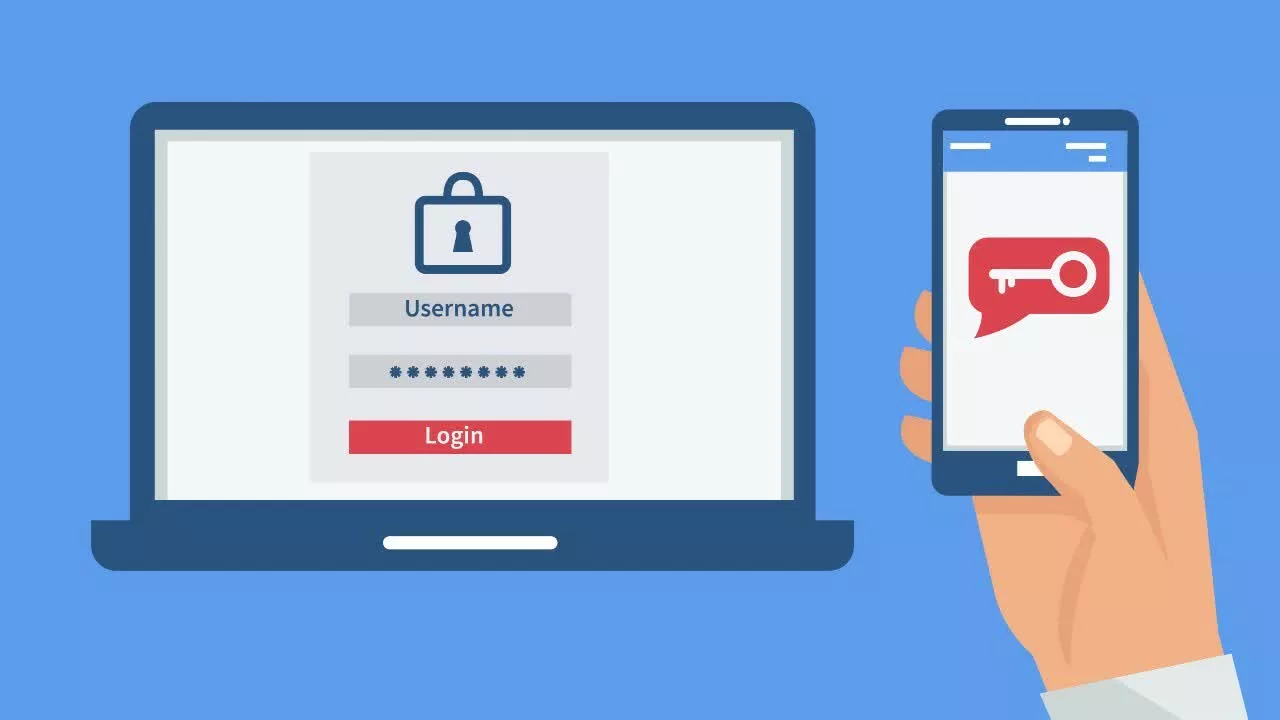When I mentioned to a few friends that I was writing a feature about two-step authentication, the typical response was an eye-roll and "Oh, that annoying thing?..." But wait. There's more to it.
https://www.techspot.com/article/1226-about-two-factor-authentication/

